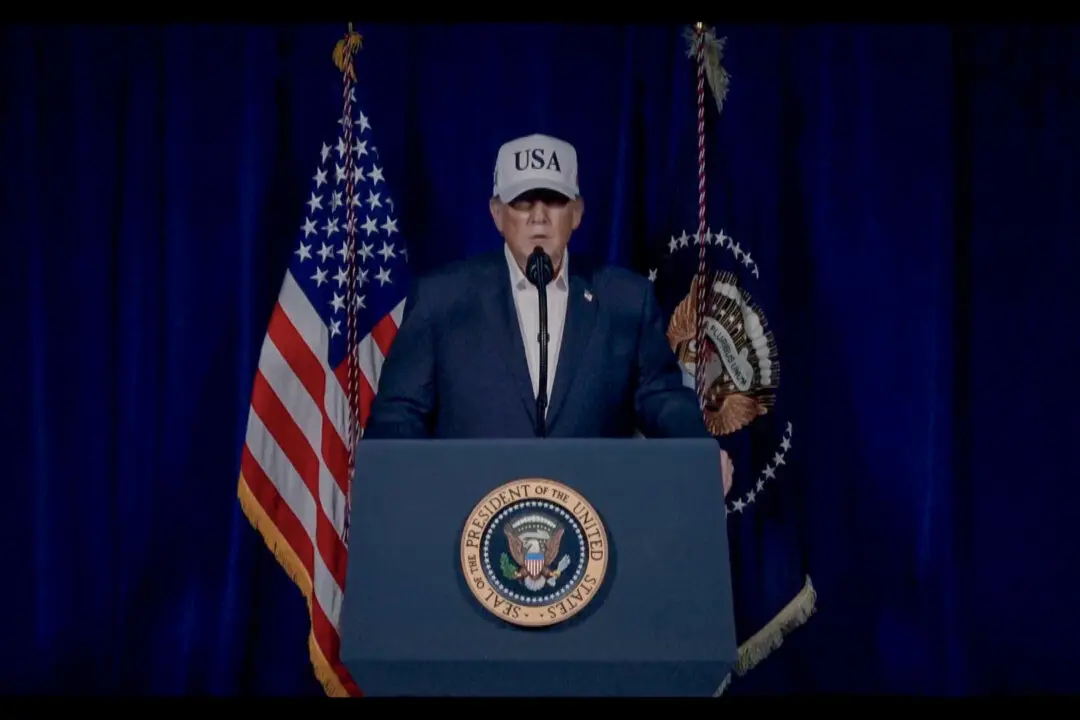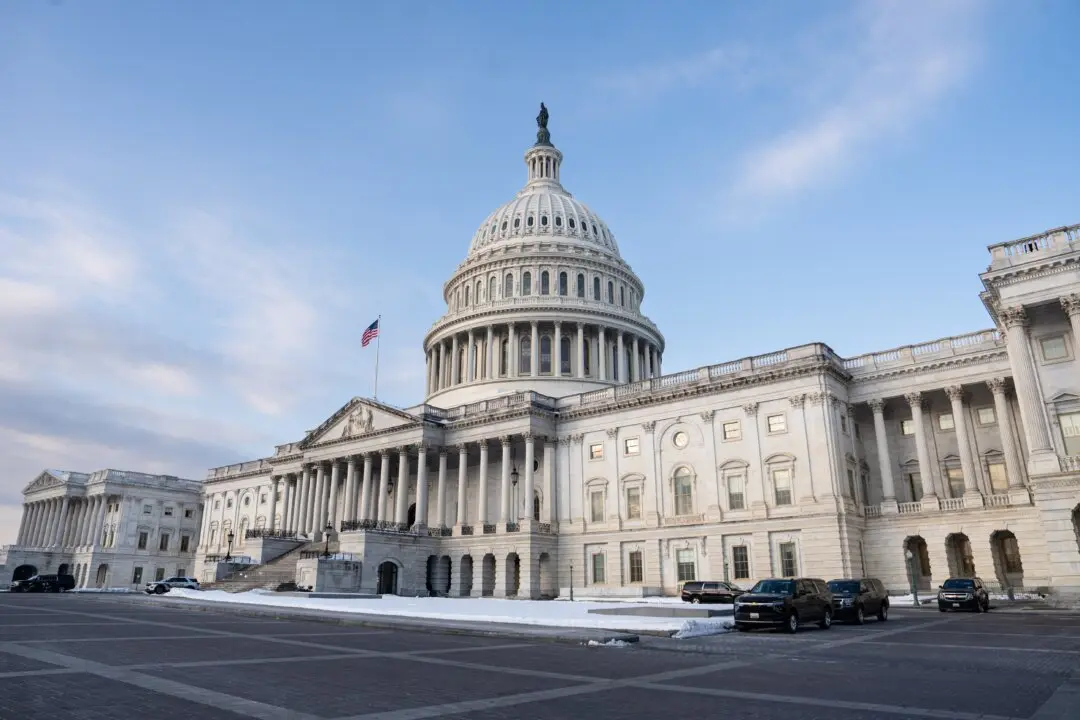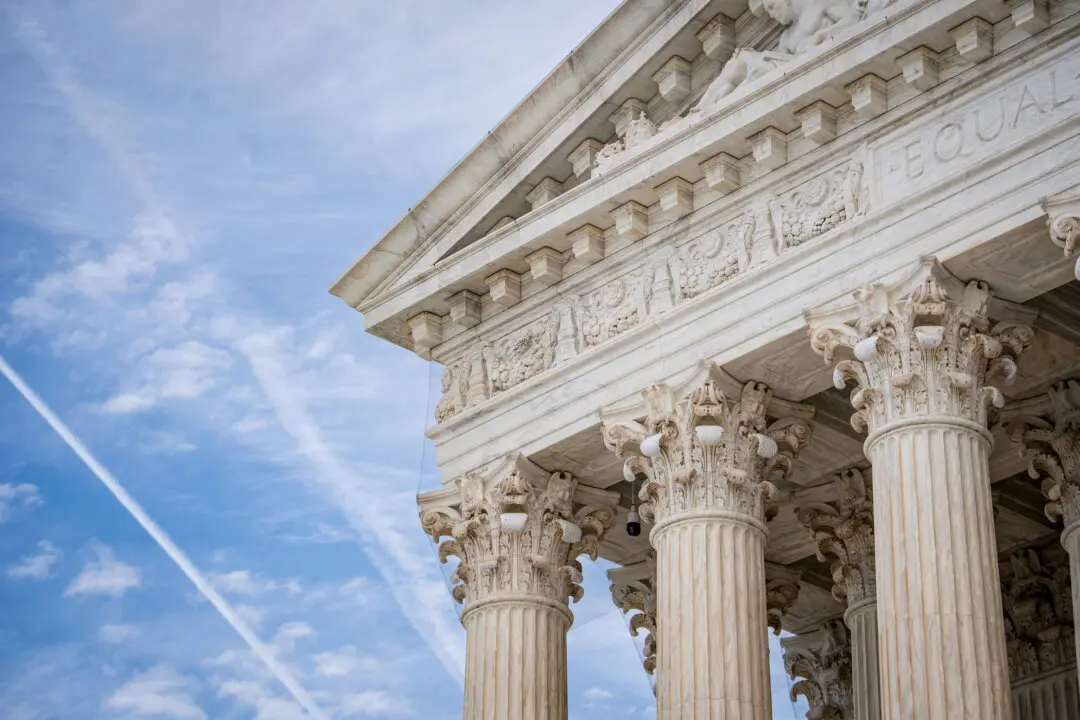Rep. Andy Biggs (R-Ariz.) on Monday unveiled an “America First Contract,” laying out populist policy positions and promises that he would push for during the 118th Congress.
In a message to The Epoch Times, Biggs spokesman Matthew Tragesser called the document “the most comprehensive Republican contract in 25+ years since Newt Gingrich’s in 1994.”





